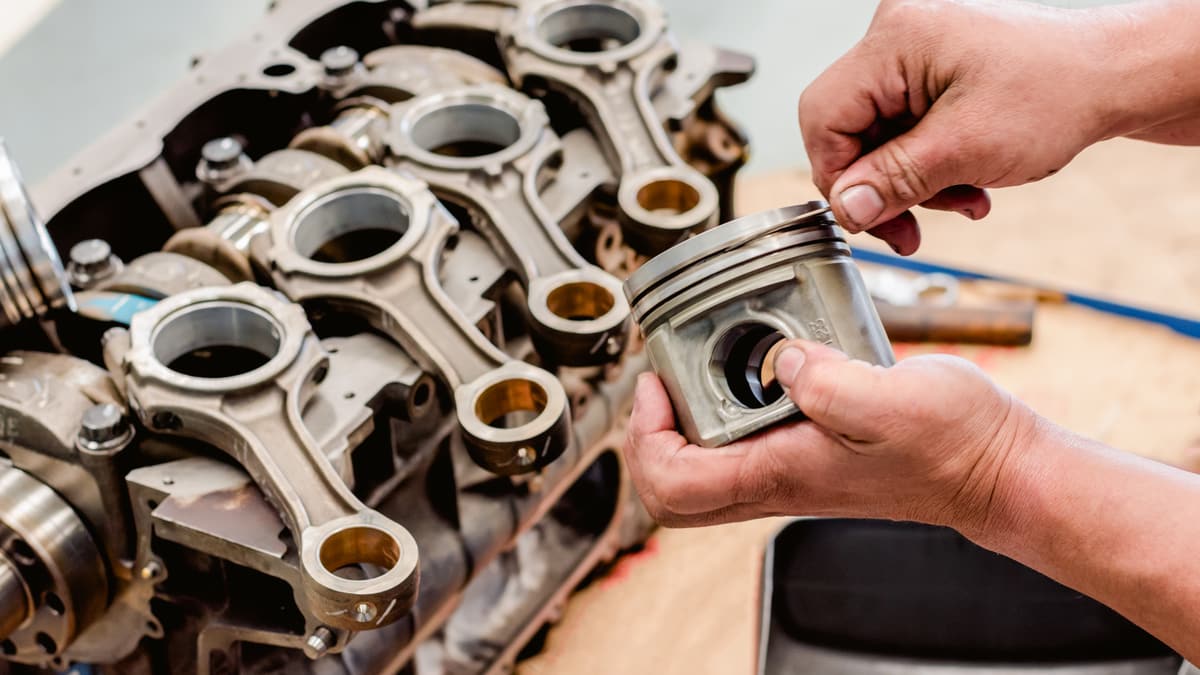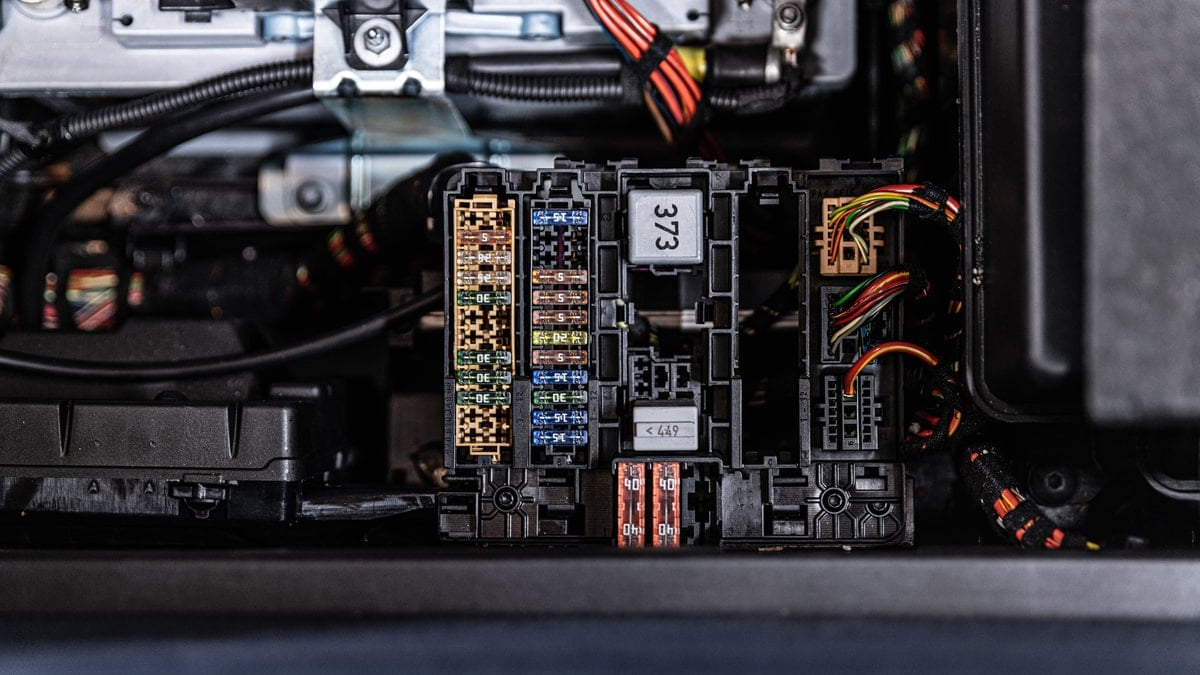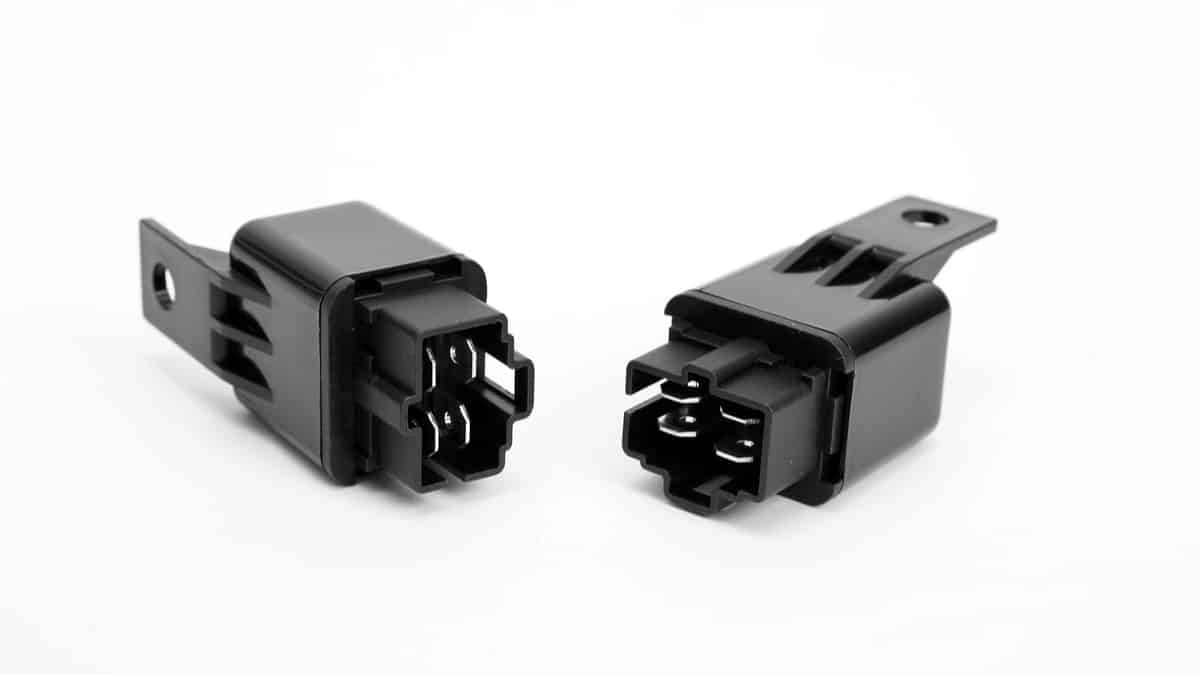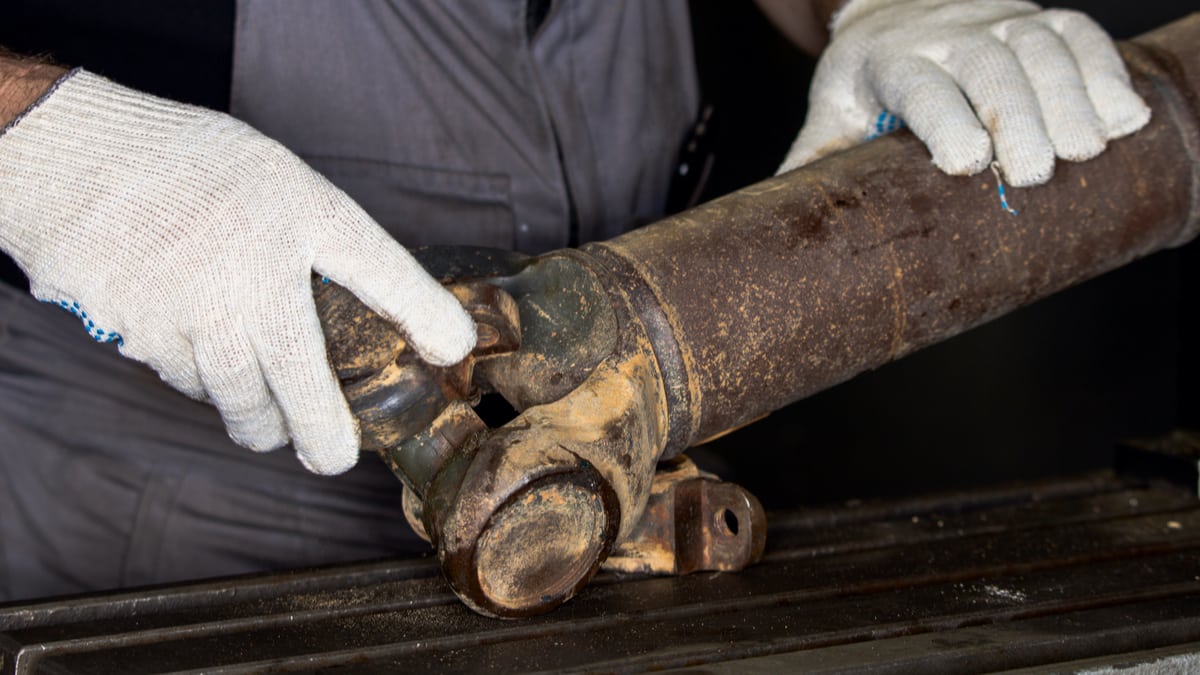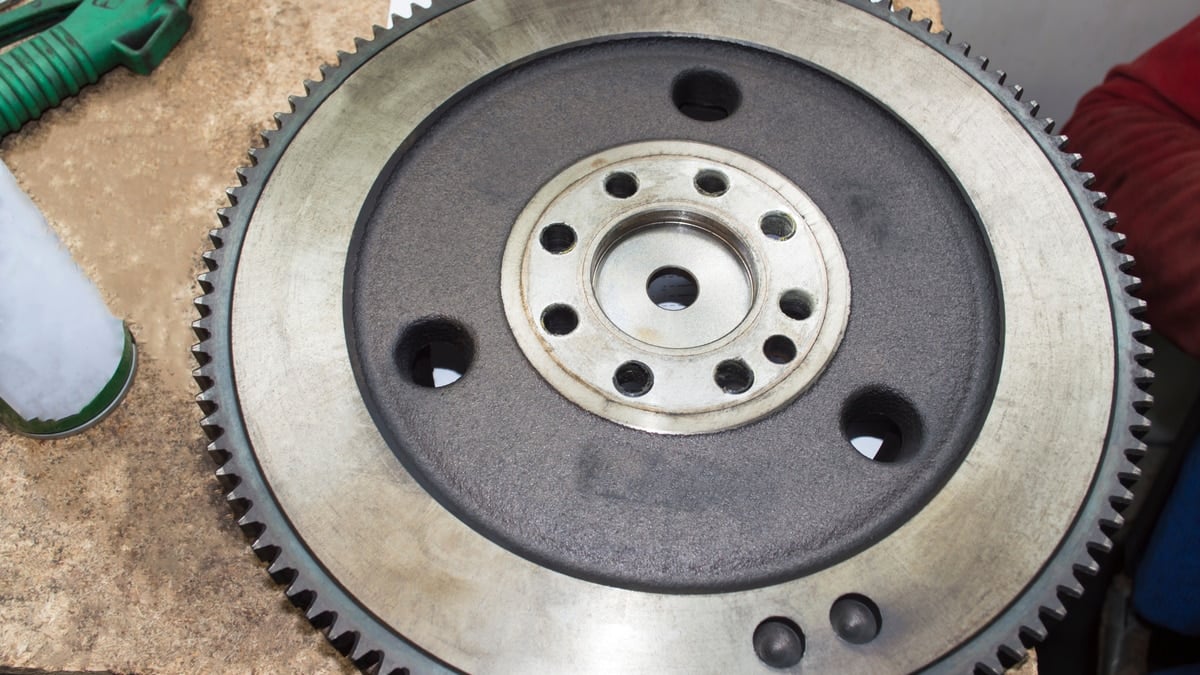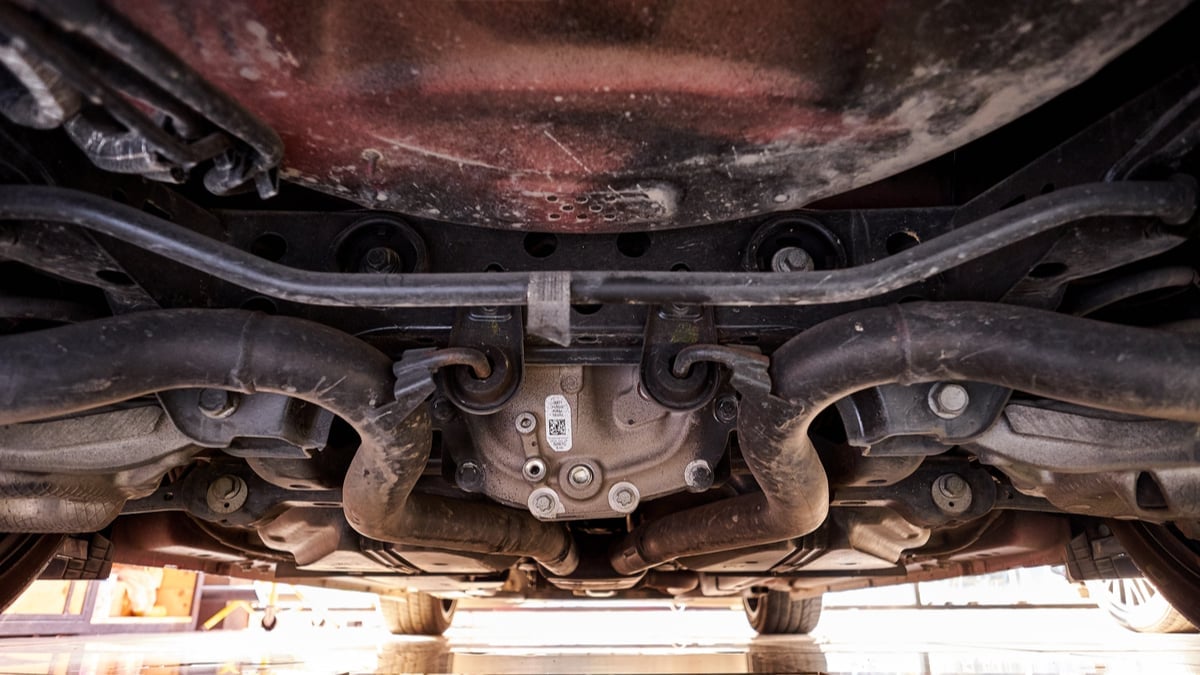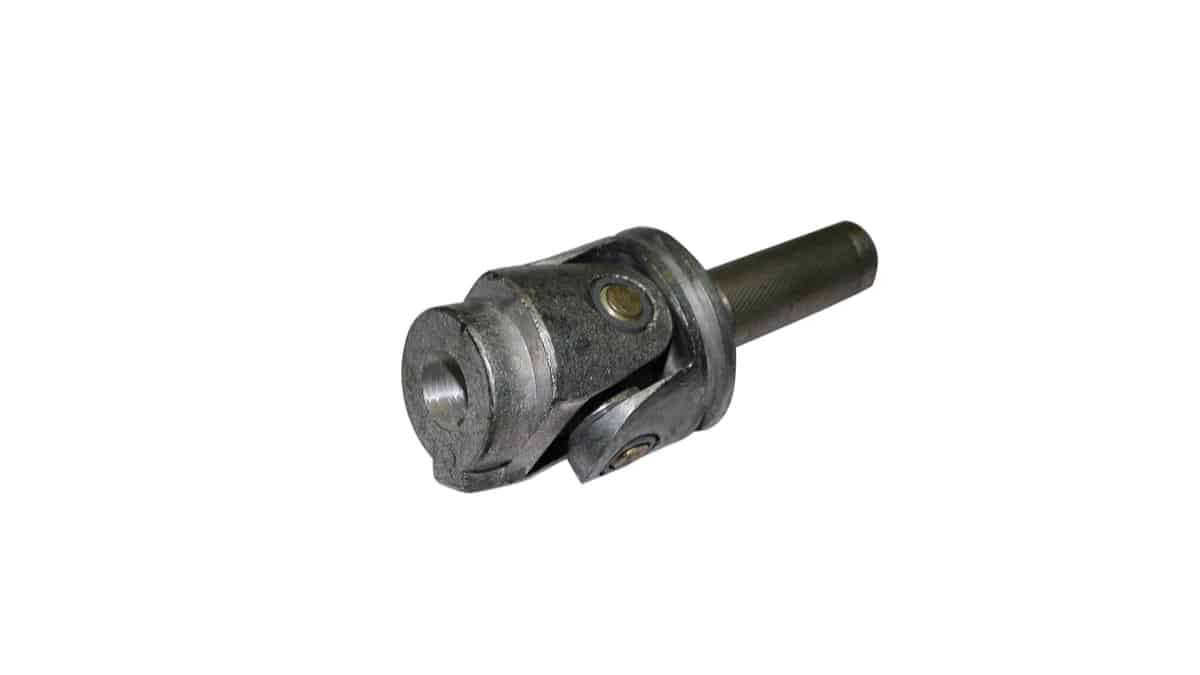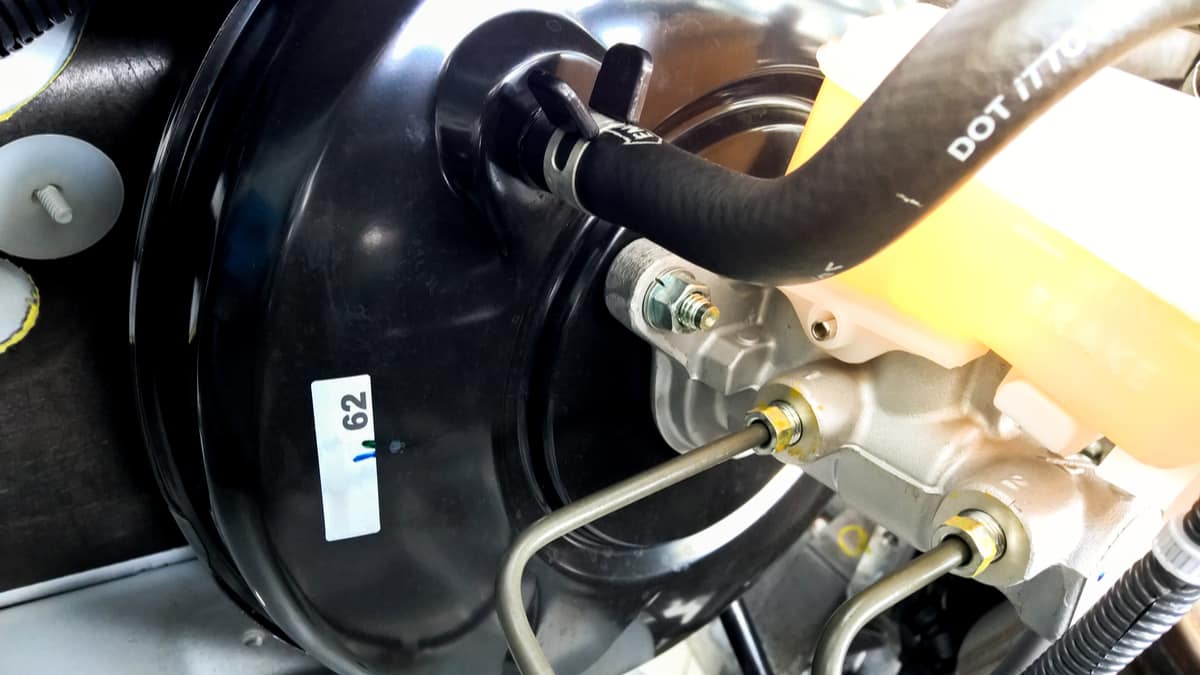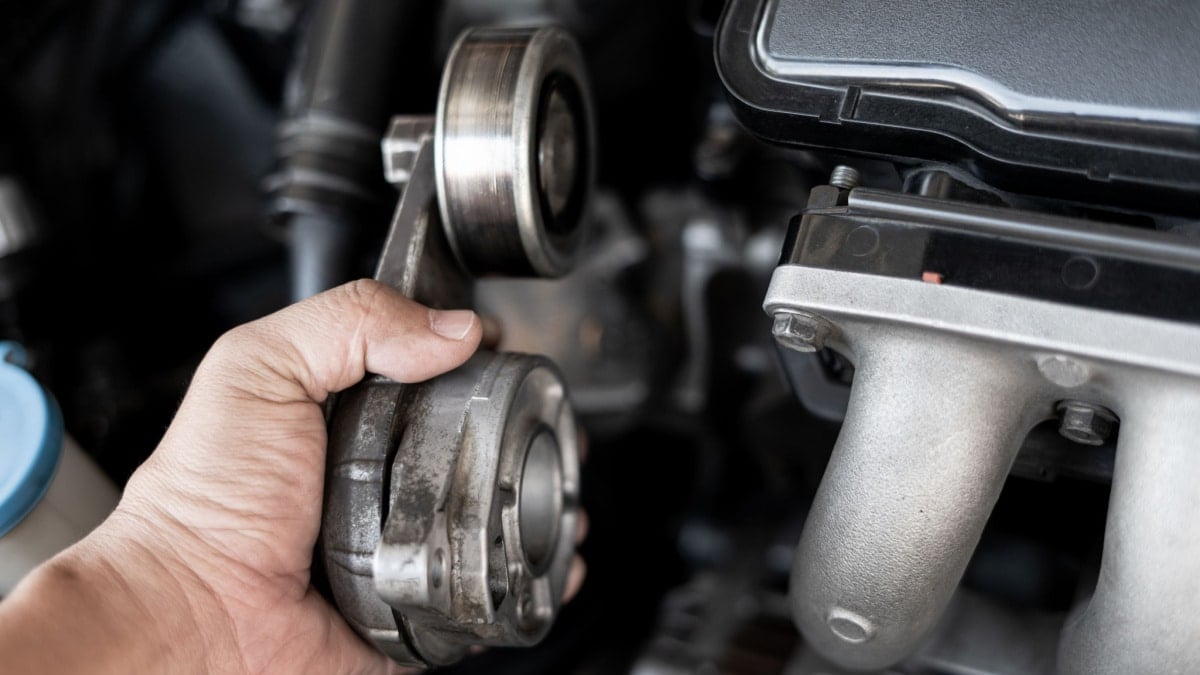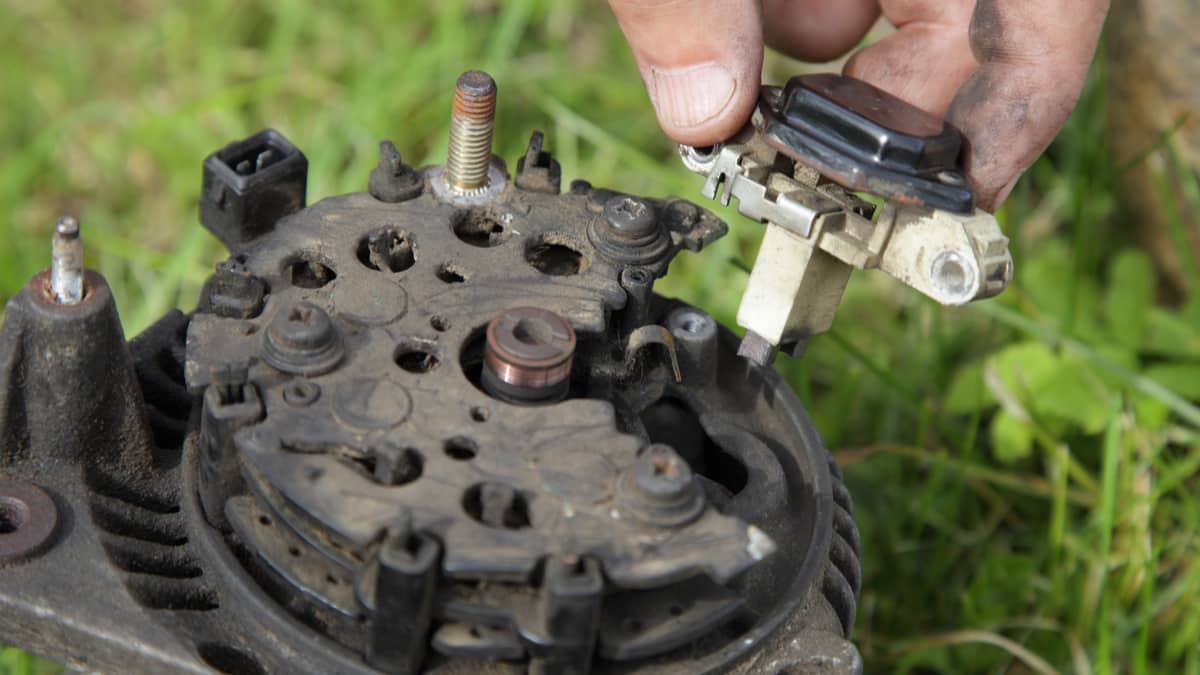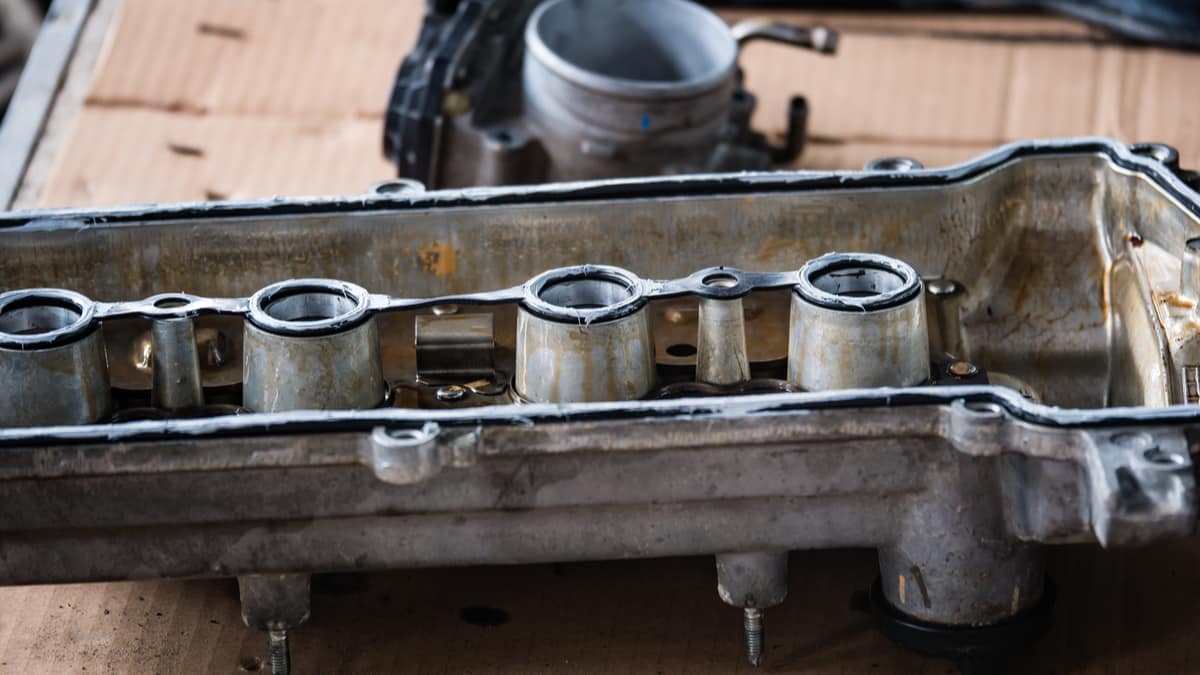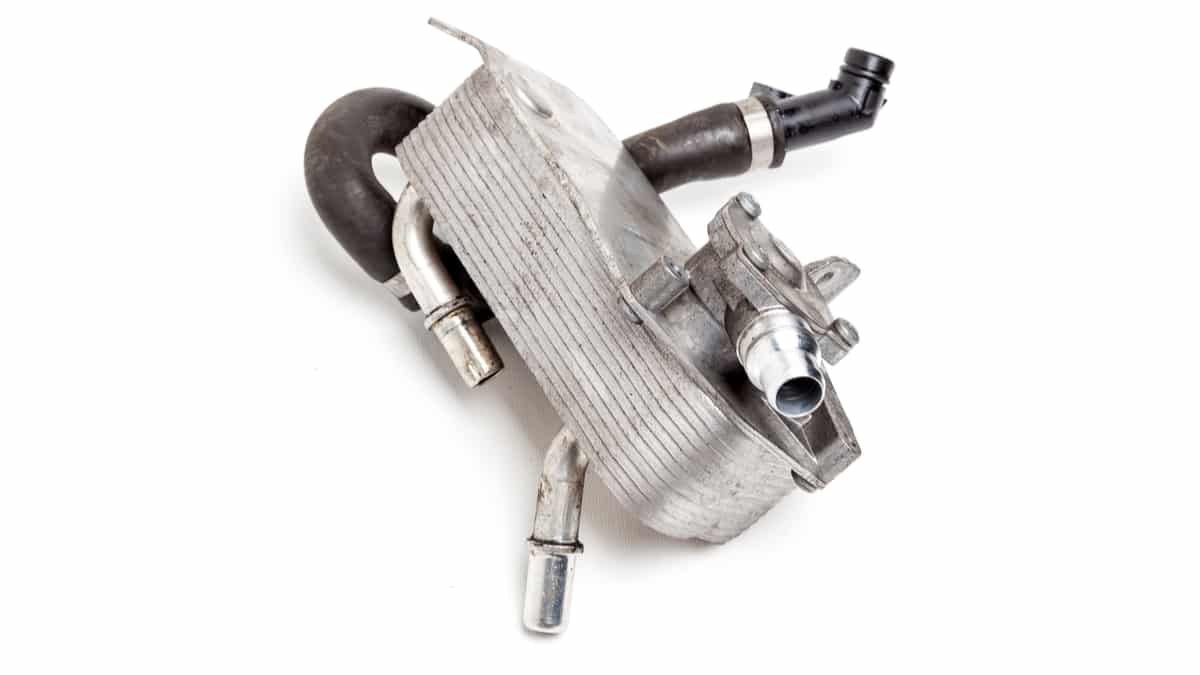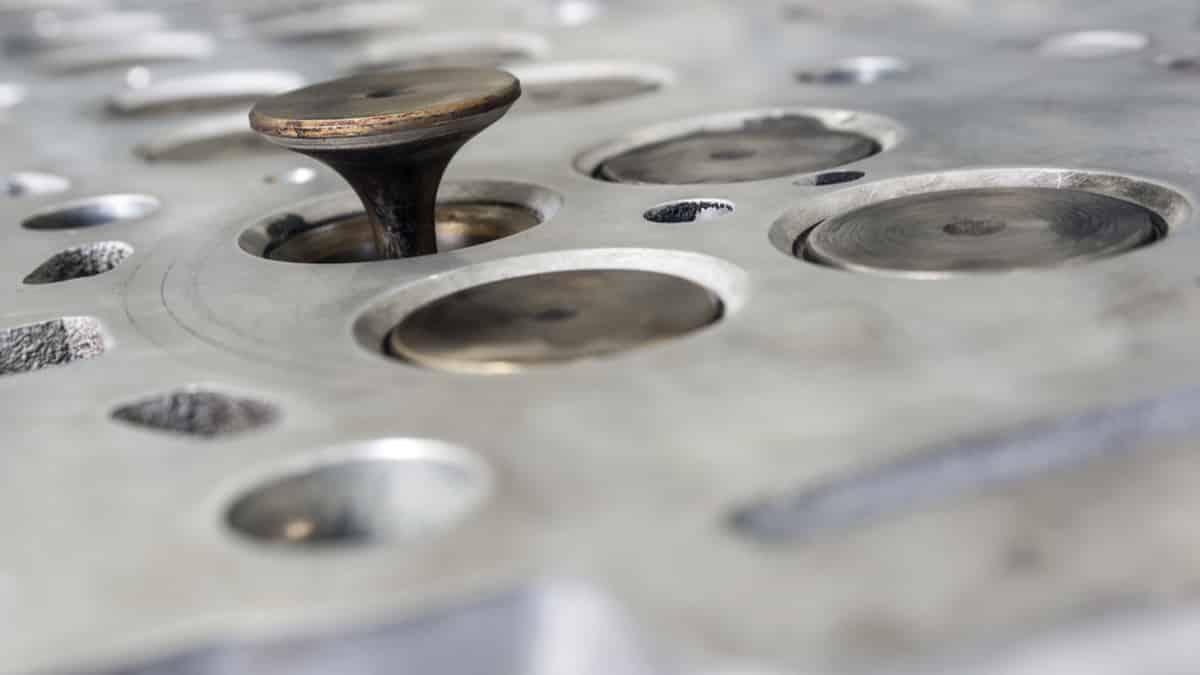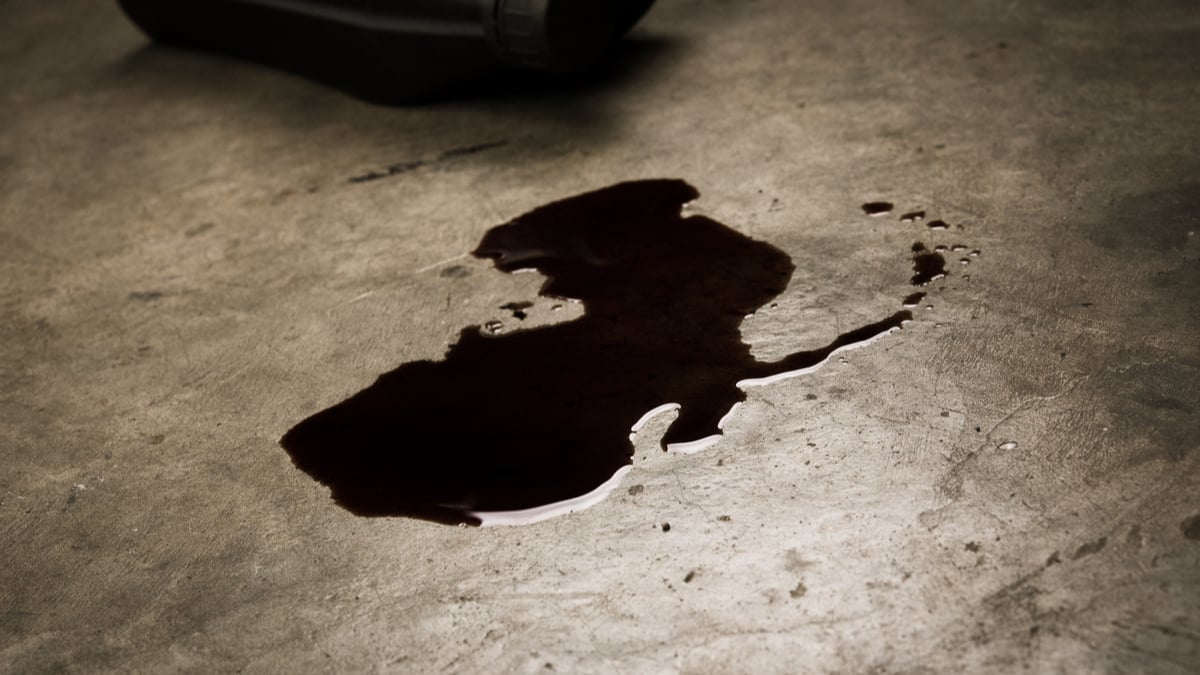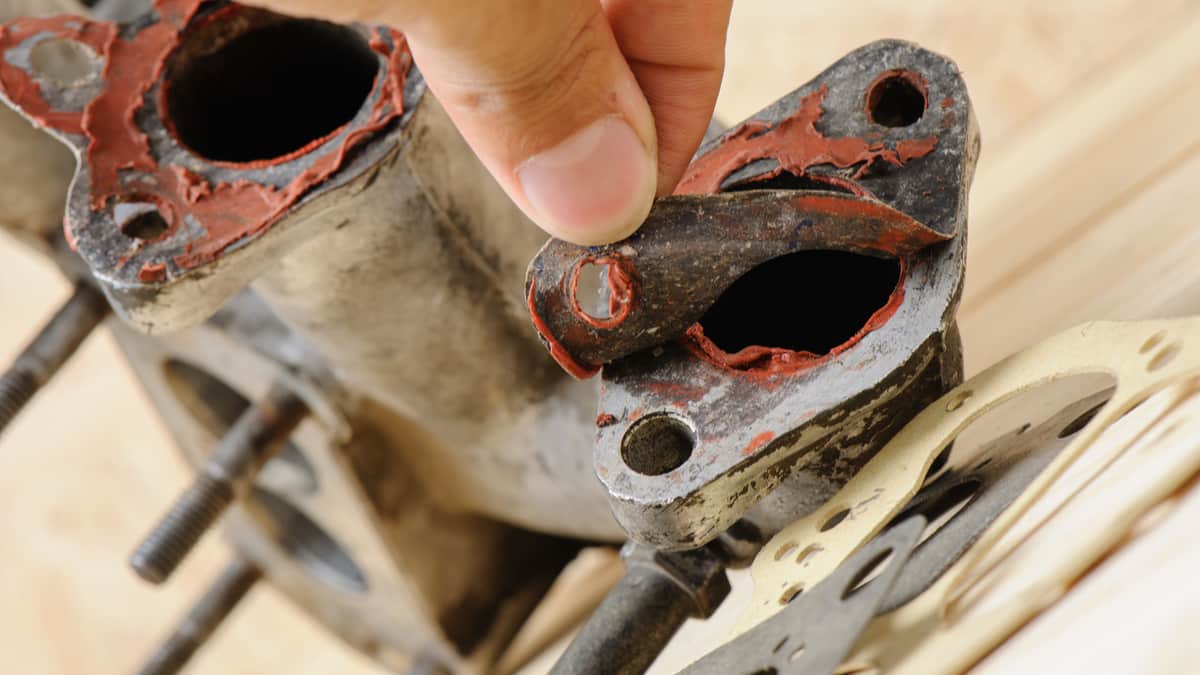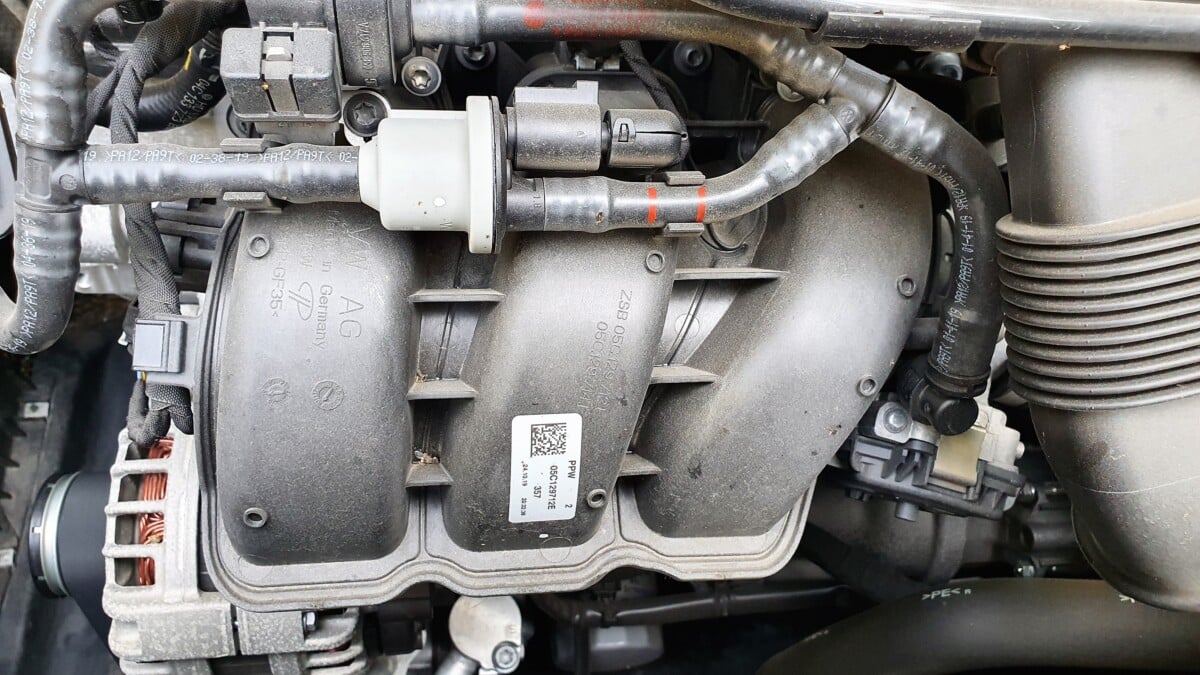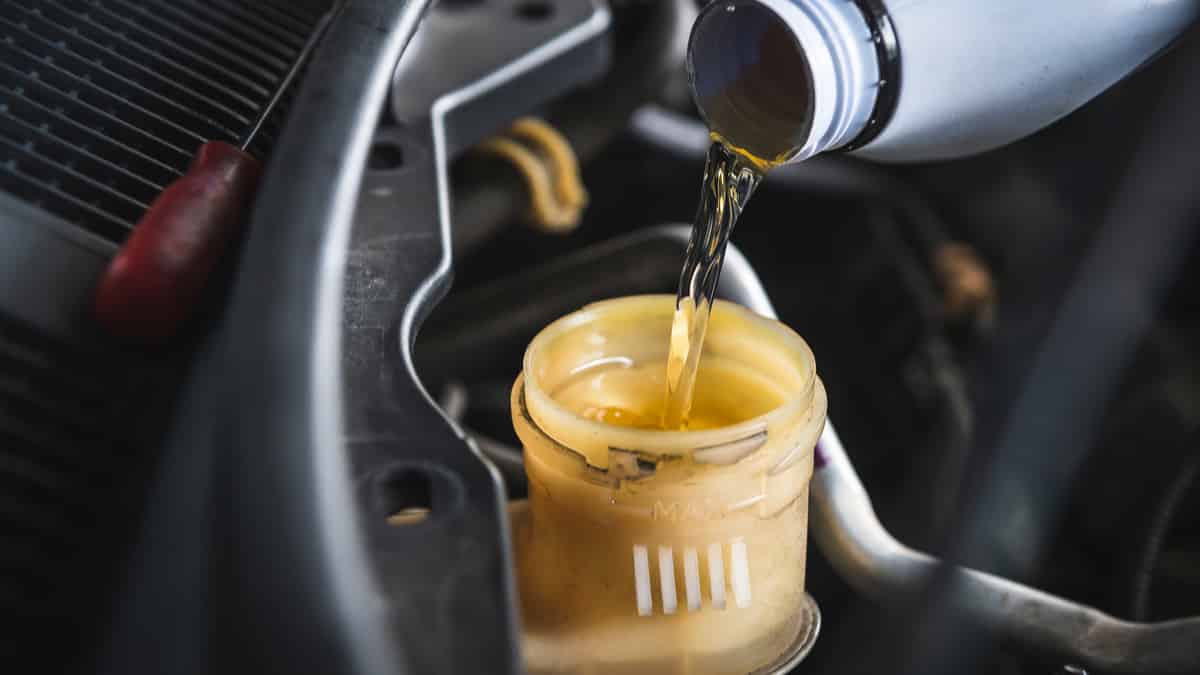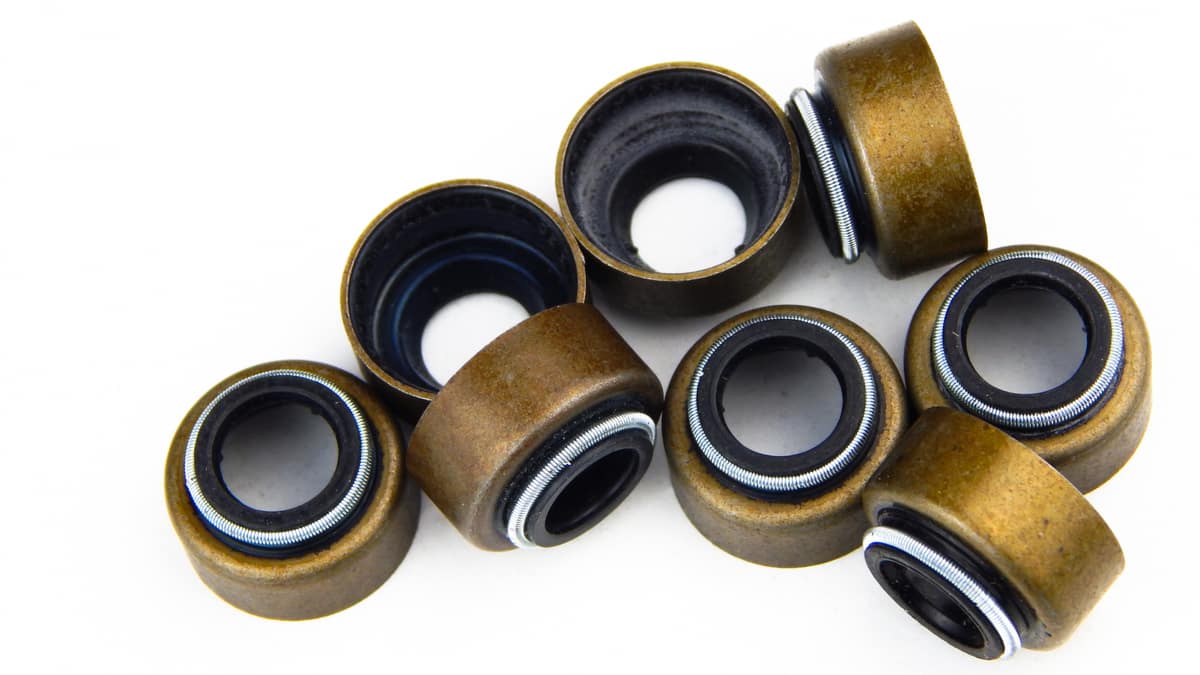Piston rings are something that most people have heard about before but have never seen.
This is mostly because these rings are integrated deeply into all the parts of a car engine.
But what happens if one of these piston rings goes bad? Let’s find out!
This article will explain the common signs of a bad piston ring, its function, location, and the replacement cost if you need to replace them. We will start by examining the symptoms of a bad piston ring.
Symptoms Of Bad Piston Rings
The most common symptoms of bad piston rings are high oil consumption, blue smoke coming from the exhaust pipe during acceleration, and you will probably feel a loss of power in your car.
Because of the piston rings’ vital role, there are some major symptoms you should look out for. Here is a more detailed list of the signs of bad or failing piston rings to look for:
1. A Large Amount of Oil Disappears
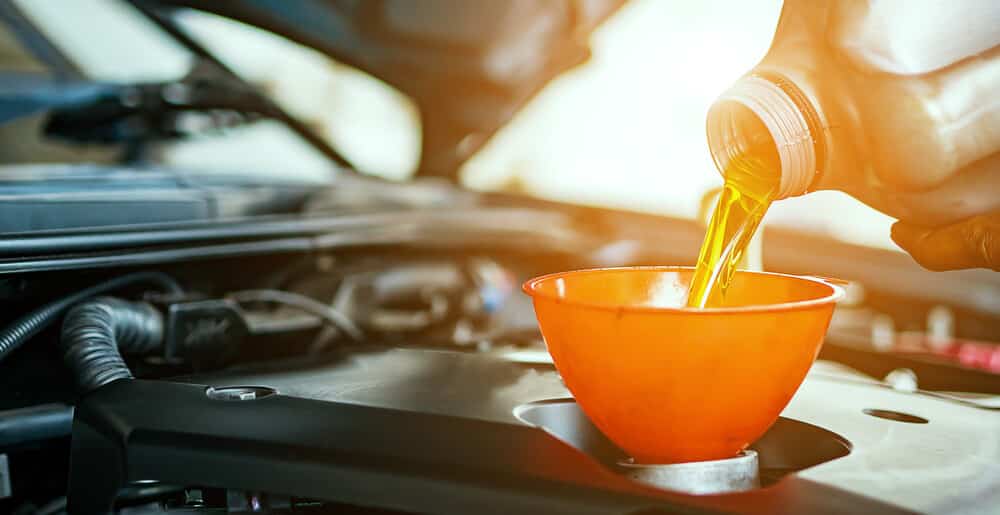
When the piston rings fail, they cannot keep the oil from leaking into the cylinder; as soon as the oil leaks, it will get mixed up in the combustion process.
Slowly and gradually, all your engine oil will leak into the cylinder, and you will witness a drop in your car’s engine oil level. You would need to get an oil refill more frequently.
If you were changing the oil every 5000 miles, you might feel your car needs oil by 3000 miles. If you witness such a phenomenon, you should not waste any time and book an appointment with your auto mechanic. A professional will diagnose the engine’s valve seals and piston rings and advise you to replace them if needed
2. Oil leaks
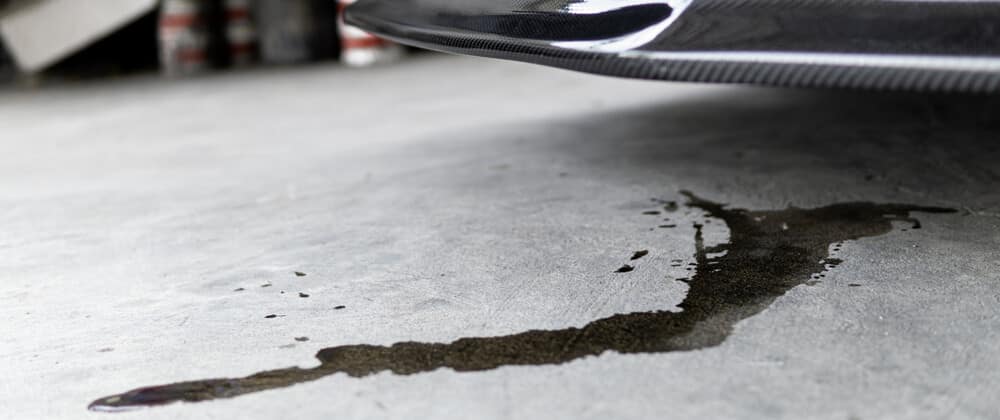
When the piston rings are bad, you will get high pressure inside the crankcase. This makes the engine sealings fail and start leaking oil. If you see many different oil leaks, you should absolutely check the pressure in the crankcase.
You can do this by letting the engine stand on idle and carefully opening the oil cap. There should be no pressure at all, but a small vacuum. If the oil cap flies away together with a lot of smoke that pours out, you may have bad piston rings.
3. Weak Acceleration
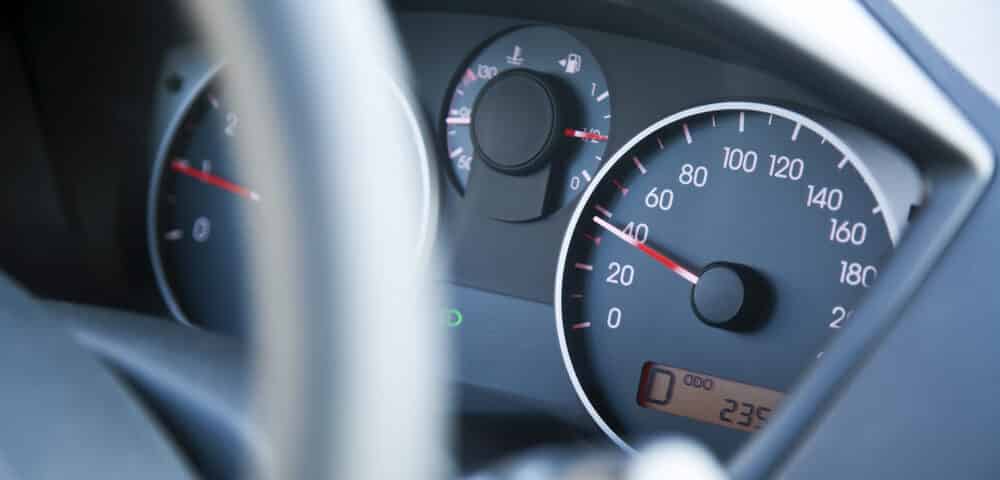
When the piston rings get damaged, the engine’s combustion chamber loses pressure. This causes the engine to lose power, since the piston cannot completely compress the fuel and air mixture. As a result, the engine creates less power in each cycle.
You could be slamming the throttle to its limit and still not feel your vehicle speed up the way it’s supposed to. Loss of acceleration may mean you need to get your piston rings replaced.
Once you replace the old ones with the new ones, you will get higher compression, and you will feel an immediate change in your vehicle’s power.
4. Blue Smoke Emitting from Exhaust
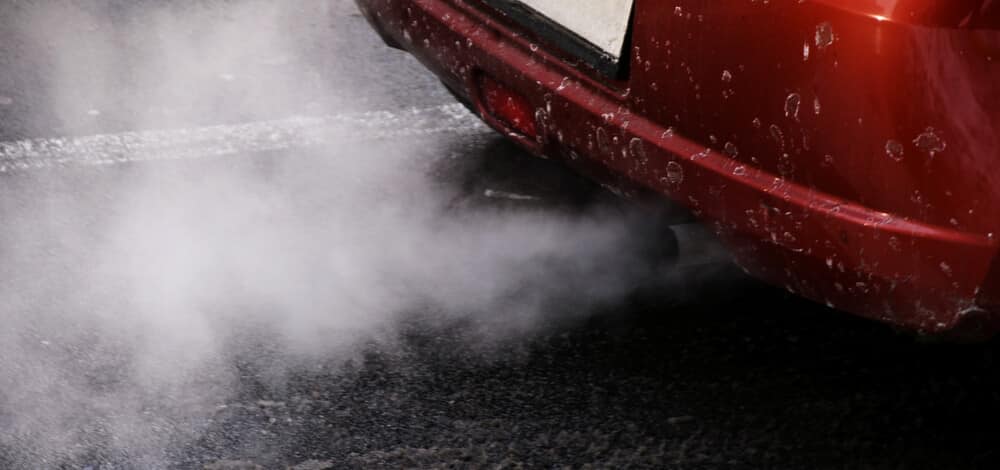
Not only will worn out piston rings cause a loss in performance, but they will also cause your car’s exhaust to emit blue smoke. When oil gets mixed up with the fuel-air mixture and burns, a thick blue cloud of smoke comes out of the exhaust. This is usually the first symptom you will notice, since it is almost immediate.
You should consult a mechanic at the earliest opportunity if such a problem presents itself. The longer you ignore the problem, the more advanced it will become. Ultimately, other engine parts will get damaged, leading to a higher repair cost.
Piston Rings Function
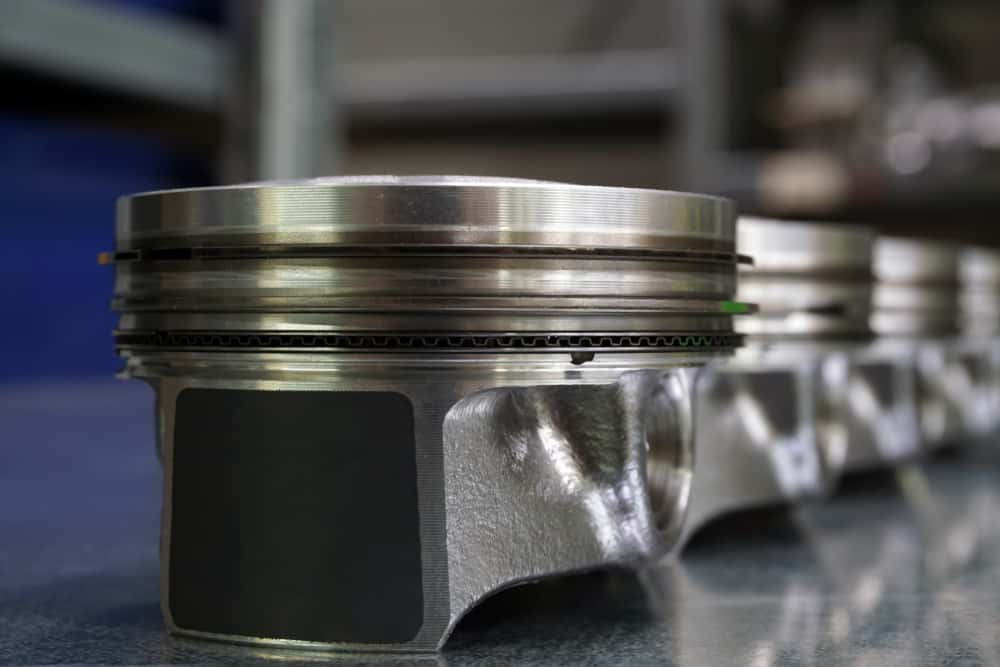
The piston rings help keep the combustion chamber – the area inside each cylinder – pressurized, which makes it easy for combustion to happen.
The piston rings are the seal between the piston and the cylinder walls which keep the combustion chamber’s pressure and oil in the crankcase. If they deteriorate or fail, your car’s engine will start losing power, and literally hundreds of other problems may arise if they are not dealt with quickly.
Piston Rings Location
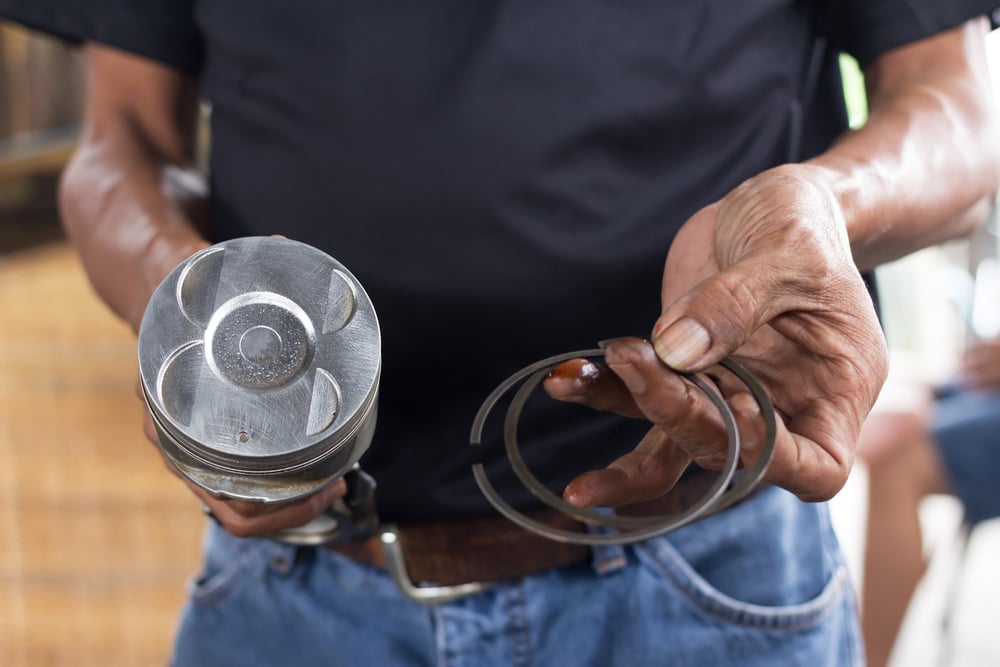
The piston rings are located inside the engine block, inside the cylinder wrapped around the pistons.
Therefore, they are impossible to see without taking the whole engine apart, so to diagnose these, you have to check them with a leak-down-tester or a compression tester.
Piston Rings Replacement Cost
The cost to replace your piston rings is between $1000 and $5000, depending on the car model and labor costs. The piston rings cost $40 to $200 depending on how many cylinders your car has. The labor work is between $1000 and $4000.
Piston rings are small, but they are expensive to replace. It basically depends on your car’s make and model, but on average, you could expect to pay from $40 to $200 just for the piston rings. That doesn’t sound like much but remember that the labor cost is significant.
Since the piston rings are located deep in the engine, the mechanic has to disassemble the engine and reach in to remove the old piston rings and replace them with new ones. This whole process takes time and requires precision.
Once the new piston rings have been put in place, the engine has to be reassembled and fitted back in its position. It will take your mechanic 16 hours or more to complete the job. A certified mechanic will probably do it faster and more likely in the correct way.
To install the piston rings correctly, you have to measure the ring cap and fit them in the right order. You also have to check and measure the cylinder walls for wear before installing the new piston rings.
You can expect a labor cost between $1000–4000 for a correct piston ring replacement, depending on the engine.
If you know how to replace them yourself, you can do it pretty cheap, though. But be prepared for a big job in which you need a lot of knowledge.
Additionally, you may need to replace other parts while taking the engine apart, and you may even have to redo the engine block.
Can you replace piston rings without removing the engine?
Although it is possible to change piston rings without removing the engine, there is no good reason to do so. To replace the piston rings, you will need to remove the cylinder head and oil pan, so it will most likely be quicker and easier to remove the engine completely. You also want to at least hone the cylinders before installing new piston rings, and for this process, you want a clean engine block.
How long do piston rings last?
Engine piston rings are made to last the full lifetime of modern cars. There is no fixed service schedule for when they should be replaced, and in most cars you will never replace the piston rings during the life of the car. However, if you don’t maintain your car properly or if you are just unlucky, they can fail.
Can you drive a car with a bad piston ring?
No. It is not recommended to drive a car with a bad piston ring. If your piston rings are bad, it can cause damage to the cylinder walls, which can result in you needing to replace the entire engine block if you don’t fix it.
How do piston rings get damaged?
Piston rings can be damaged in a number of ways. The most common cause of damage is wear and tear. Over time, the rings can become worn down, scored, or cracked. This can happen from simple things, like too much heat or pressure, or if you do not maintain the engine properly. Other causes of piston ring damage include foreign objects getting into the engine (rocks, dirt, etc.).
Categories: Engine
